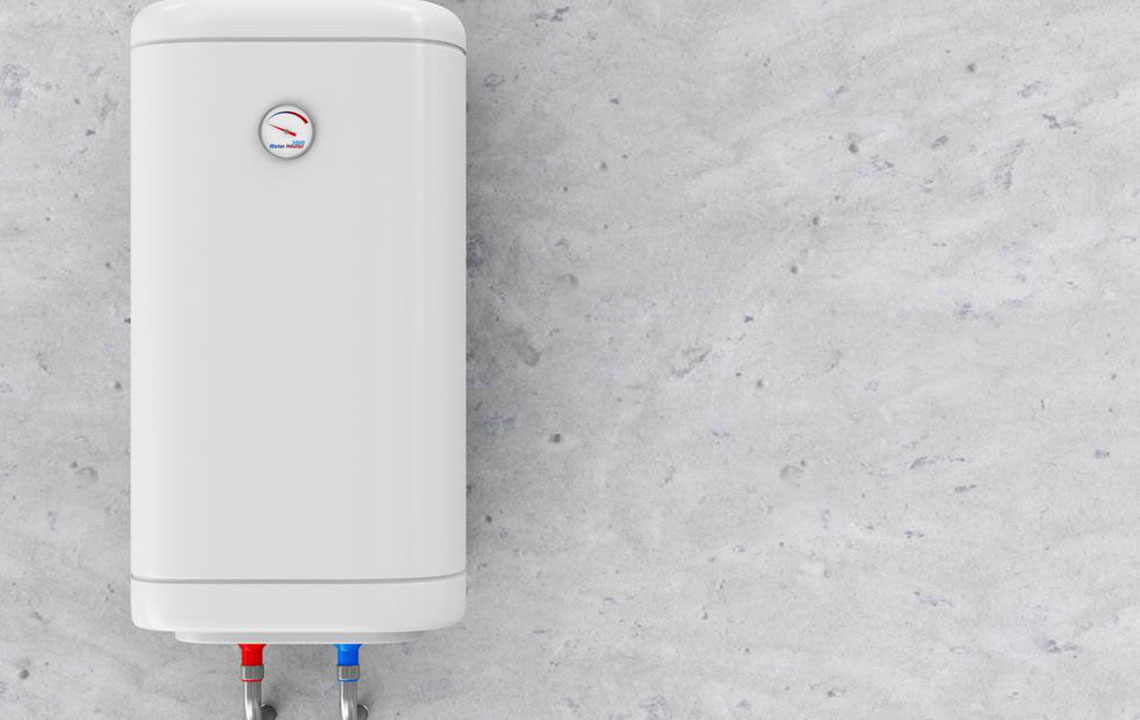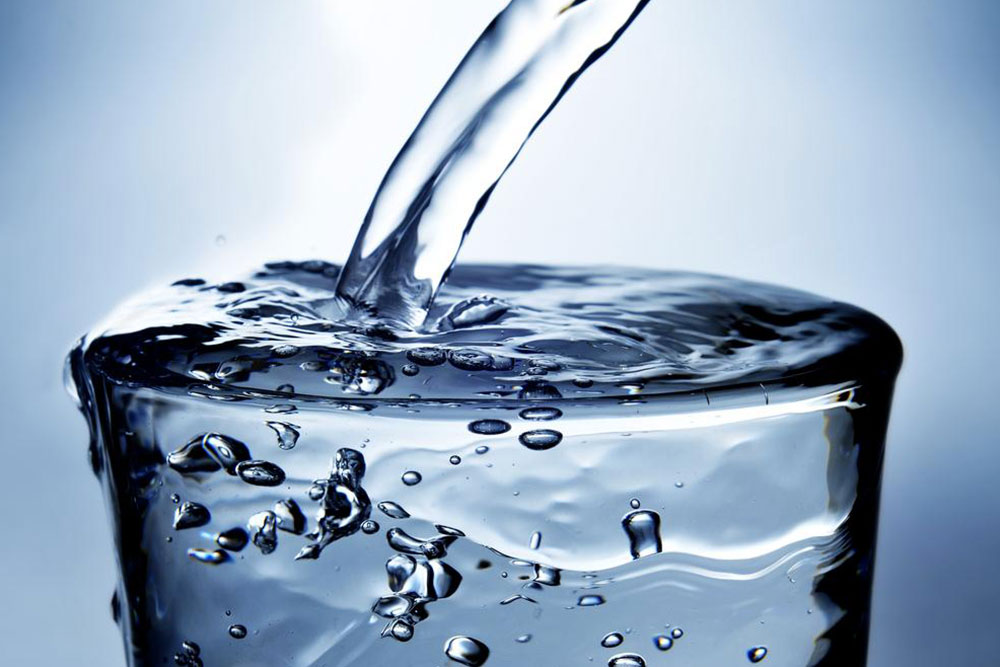Comprehensive Guide to Various Pool Heating Options
Discover the various pool heating options available to suit different needs and budgets. From electric resistance and gas heaters to eco-friendly solar and advanced heat pump systems, this guide helps you choose the ideal solution for your pool. Make informed decisions to ensure efficient and cost-effective heating all year round.

Comprehensive Guide to Various Pool Heating Options
Choosing the right pool heating system is a significant investment. With numerous options available, this guide outlines the different types of pool heaters to help you determine the best fit for your needs. Understanding these options ensures you make an informed purchase for efficient and cost-effective heating. Below are the major types of pool heaters.
Electric Resistance Heaters
Electric resistance pool heaters generate warmth by passing electric current through resistors inside the unit. Water flows over these resistors, absorbing heat before returning to the pool. These heaters are popular for small pools and spas, especially for therapy or portable pools, due to their high electricity consumption.
Gas-powered pool heaters utilize natural gas or propane to generate heat. Combustion within a chamber heats water circulating through copper coils. Although once the most prevalent choice, their popularity has decreased due to rising fuel costs and the emergence of more efficient alternatives like heat pumps.
Heat Pump Systems
These heaters transfer heat into the pool using electricity, removing the need for fuel. Air-source heat pumps extract heat from the surrounding air, while water-source (geothermal) heat pumps draw heat from the water itself, offering eco-friendly heating solutions.
Solar Pool Heaters
Solar heaters harness energy from sunlight via solar panels installed in sunlit areas. Water is pumped through these panels, absorbing heat before returning to the pool. During cloudy days, many pool owners supplement solar heating with secondary systems to maintain consistent water temperature.
Note:
Our blog covers diverse topics, providing readers with informative and practical insights. While we aim for accuracy, content should not be considered definitive. The editorial team cannot be responsible for discrepancies or updates in data. Readers are encouraged to explore current schemes or offers for the best value.









